Pakistan/ August 29, 2017/ Source: https://www.thenews.com.pk
Teachers from various schools and madaris (seminaries) were trained on the evolving techniques of Child Friendly Education (CFE) Sunday, aiming to improve the teaching and learning environment in schools and religious seminaries of Khyber Pakhtunkhwa.
Two separate workshops for male and female teachers of different schools and madaris, organised by Peace Education And Development (PEAD) Foundation in collaboration with UNICEF Pakistan and Elementary and Secondary Education department KP, were part of the ongoing Social Cohesion and Resilience Programme.
Senior educationists and instructors from education department including Dr Jahangir Adil, Noreen Elahi and Arshad Khan conducted the workshops as lead trainers.
Addressing the opening ceremony of the workshop, Tariq Hayat, Programme Manager PEAD, emphasized the need to put the interests of child at the center of all planning processes in learning institutions. He said in order to enable the children reach their full potential in every walk of life and teach them to abstain from any social, religious and other discriminations and thus to contribute towards their bright future, it was imperative to provide them with the quality education, train their teachers periodically on modern and needed concepts of teaching and learning.
Senior instructor for PITE, E&SE KP, Dr Jehangir Adil, said that the participating teachers from schools and
madaris had already been trained by the CFE under the project and the current one day workshop was aimed to serve as refresher for the teachers to develop a school development plan based on CFE approaches.
He said teachers from state-run schools and madaris whole-heartedly participated and termed it a unique and great experience.
DDEO Peshawar Azam Khan in his closing remarks appreciated the initiative and said, “We need to prioritize education and our own personal needs. He appreciated the initiative of PEAD, UNICEF and other organisations assisting the department of E&SE to develop a system of education with essential components for the complete mental and physical nourishment of child.”
He stressed the trained teachers to share the word further and adopt the new teaching approaches to upgrade the existing schooling system with its true spirit.
Source:
https://www.thenews.com.pk/print/226562-Workshops-on-evolving-techniques-of-Child-Friendly-Education-held

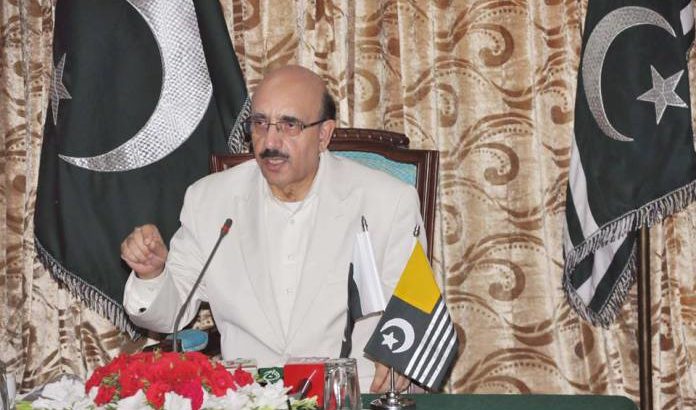

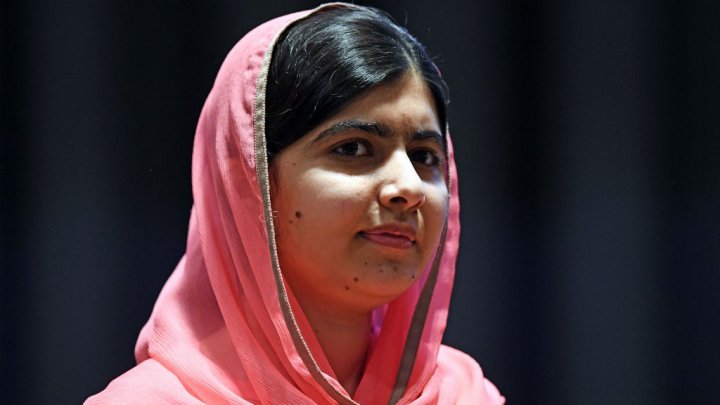
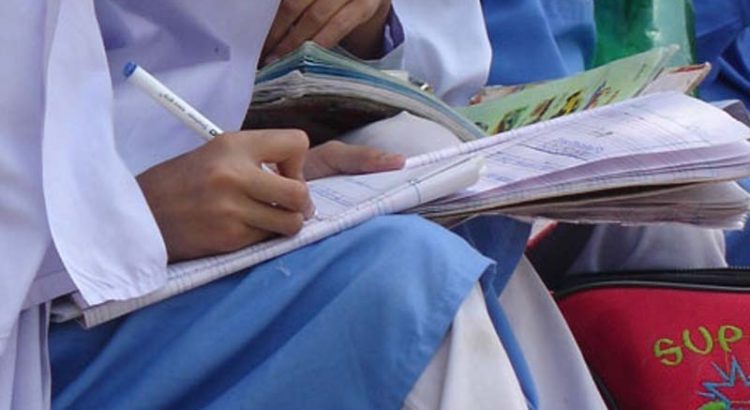
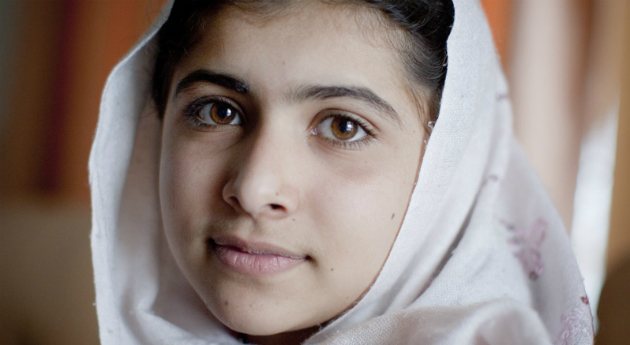
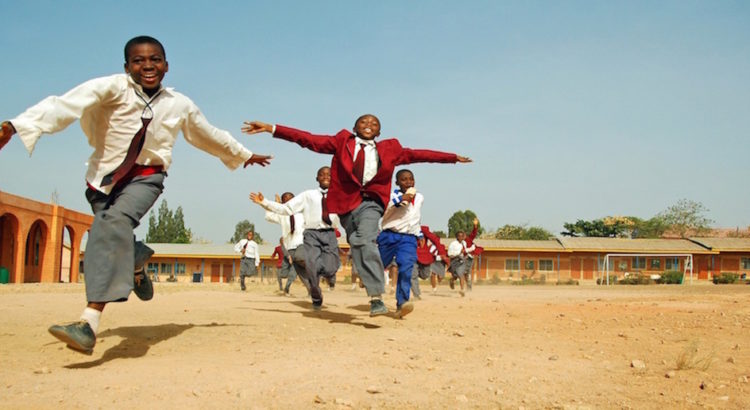






 Users Today : 51
Users Today : 51 Total Users : 35460068
Total Users : 35460068 Views Today : 68
Views Today : 68 Total views : 3418699
Total views : 3418699